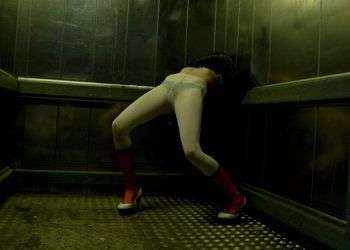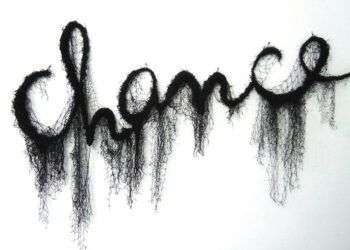Keep on reading: Raoul Delorme and the impossible literature
In the second half of the twentieth century, an illegally unknown writer, Raoul Delorme, founded the sect or movement of the Barbarians Writers. Until recently I had never heard of him. Now, suddenly, it seems he is everywhere. To begin, someone gave me a copy of the Revista de los Vigilantes Nocturnos de Arras (a magazine published , indeed, by a corporation of night watchmen) which contained a quite illustrative and meticulous barbaric anthology. Texts by Delorme appeared under the subheading Cuando la afición deviene profesión. A minor poet, I thought, without the necrosis of the Belle Lyrics. Then, two or three days later, I read his article-manifesto entitled La afición a escribir, which gives shape to his new literature. According to Delorme we had to merge ourselves with the masterpieces. This was achieved in a most curious way: defecating on the pages of Stendhal, masturbating and spreading the semen on the pages of Gautier or Banville, vomiting onto the pages of Daudet, urinating on the pages of Lamartine, making cuts with razor blades and splashing blood over the pages of Balzac or Maupassant; finally, subjecting books to a process of demystification and closeness that broke all barriers of culture,...












